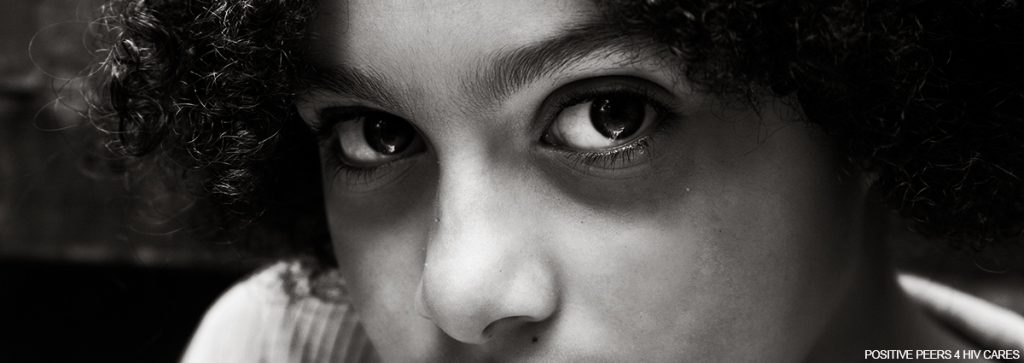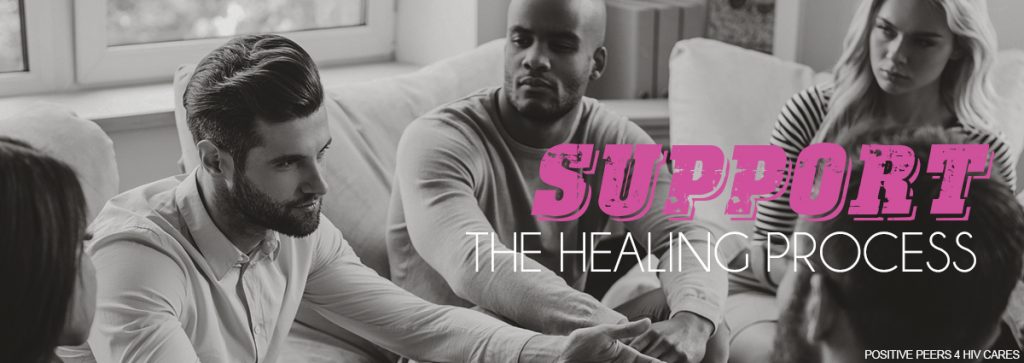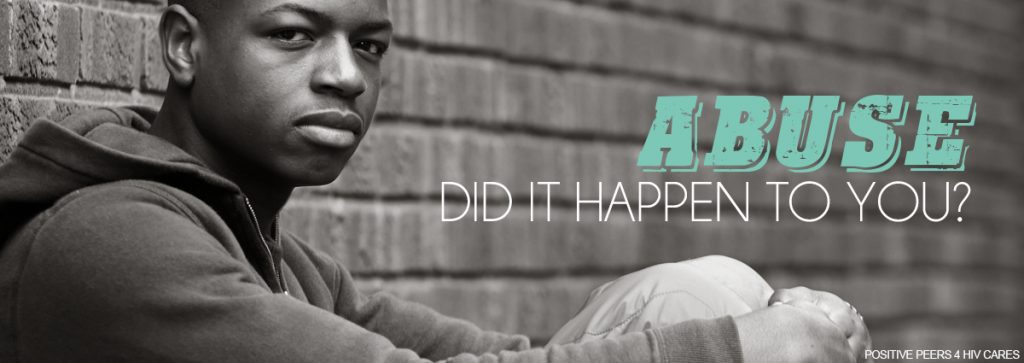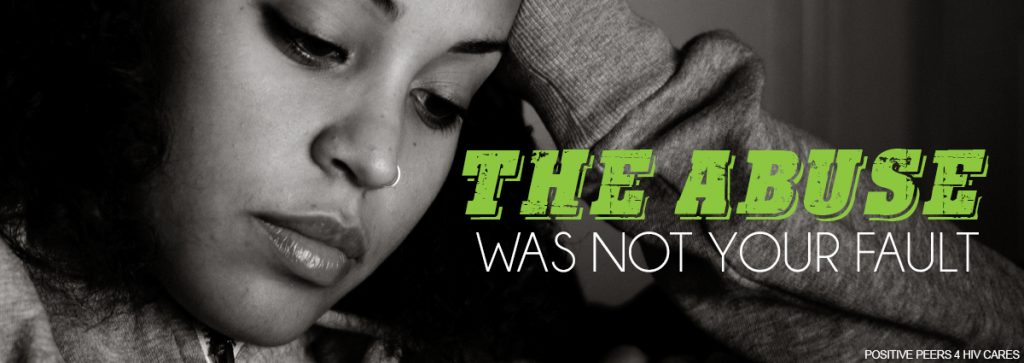
By: Jennifer McMillen Smith, LISW-S, HIV Social Worker at MetroHealth Medical Center and medically reviewed by Ann K. Avery, MD, Infectious Disease Physician at MetroHealth Medical Center
Childhood abuse has a nasty habit of casting a shadow over your whole life. And when you’re living with HIV, you’re already living under the shadow of a disease that requires fierce determination to deal with.
You don’t need any more shadows.
The trouble with childhood abuse — beyond the fact that it’s a huge trauma — is that it causes long-lasting damage. It can make people feel ashamed, unworthy, or anxious. It can cause depression that doesn’t seem to go away. Some abuse victims become abusers themselves.
Staying healthy and emotionally balanced is one of the foundations of living with HIV. And that’s tough to do if you’re haunted by childhood abuse.
How can I tell if I was abused?
The logical first step for healing from childhood abuse is to figure out whether it happened to you. That might be hard to do because you have to return, in your mind, to the place where you grew up.
If it was an ugly place, you might not want to go back.
But lots of people grow up in chaotic households without being abused. These examples might help you figure out whether you’re an abuse victim:
| Not abuse | Abuse |
| A spanking you had for misbehavior | A beating that left bruises or put you in the emergency room |
| Exploring your body with your best friend in middle school | An adult touching your sex organs or forcing you to have sex |
| Your dad losing his cool once in a while and yelling at you | Your mom criticizing everything you do and telling you you’re stupid or no good |
In abusive households, adults attack children’s weaknesses and keep them in a constant state of fear, submission, and humiliation. Abuse can be physical, sexual, or emotional (or all three). No matter how it happens, it damages children terribly, and the pain lasts well into adulthood.
Come join our private, stigma-free, supportive community.
Health management tools with medication & appointment reminders.
Social networking in a community conversation & private chats.

How do I start the healing process?
First, you have to admit you were abused. It sounds easy if you remember every terrible thing that happened in your household growing up.
But some people’s minds try to cover it all up. They don’t remember the abuse but they constantly feel anxiety, depression, shame, and other emotional side effects.
Either way, you can start healing by getting into counseling. Talk to your social worker or doctor about how to find a counselor and start moving forward.
Your HIV support group is another option. Somebody there might already know a great counselor or a worthwhile program you can get into.
With healing, you can do it the long way or the short way. The long way is going it alone, which usually means decades of tiptoeing through an emotional minefield before you finally begin to move on.
The short way is getting professional help. You may have a tough year or two at the beginning, but you still save yourself years of suffering.
Do you feel like you’re always screwing up and don’t know why?
Childhood abuse may be the reason.
Some people cope with their abuse by taking too many drugs, having risky sex, or abusing other people.
Others withdraw into themselves and feel so unworthy they never let themselves experience joy or happiness.
Whatever your story is, if you find yourself having a hard time getting a handle on life, the scars of emotional abuse could be the root cause.
Whatever you do, we strongly encourage you to keep these few things in mind:
- The abuse was not your fault. You don’t need to apologize for it.
- You have a right to feel happy and emotionally balanced.
- You don’t have to keep your past locked in a vault. Bringing it out into the open can help you see it for what it is, and to start getting over it.
The pain in your past doesn’t have to be permanent. You just have to give yourself a chance to heal.
Related Blogs:




